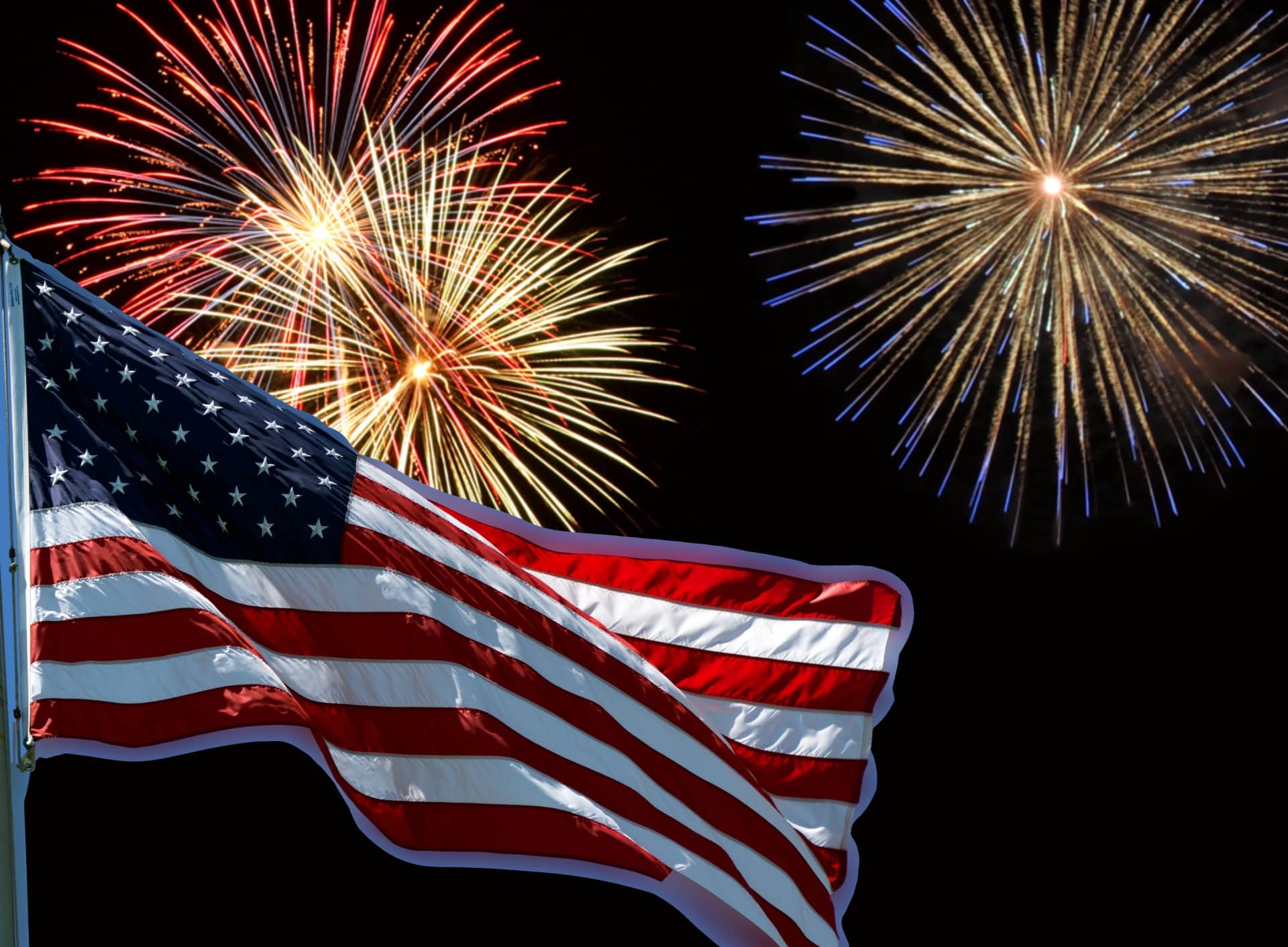Divya Nimmagadda is a student at Harvard Law School.
The economy is expected to play a paramount role in the presidential debate this evening. 89% of Americans have stated that “the issue of handling the economy” will be an important factor in determining their vote, with 62% calling it “very important.” Voters in this election will have witnessed both candidates’ economic performance in office, a spectacle that hasn’t happened since 1892. Both candidates are expected to make sweeping claims about unemployment, inflation, federal spending and labor and employment regulations. Central to all of this will be immigration. Though immigration has helped boost the labor market, the topic is the most politically polarizing issue in the past 25 years according to Gallup voter polling. Though Trump has been promising mass deportations and strict entry regulations, experts say that any halt or reversal in immigration “could cause painful labor shortfalls and shortages in key industries – pushing up prices.” Margins in key battleground states – Michigan, Wisconsin, Pennsylvania, Arizona, Nevada and Georgia – are slim, and many sources have stated that the election will likely be decided by working class voters in these jurisdictions.
In yesterday’s News and Commentary, Everest wrote about the International Alliance of Theatrical Stage Employees’ tentative contract with Hollywood studios. A key provision in this contract is its AI guardrails, a topic that has gained increasing traction. Attention in this area has shifted over to Washington, with actors like Scarlett Johansson and Channing Tatum, along with several unions, asking the federal government to establish nationwide regulations on the issue. The current draft legislation on this topic – titled the NO FAKES Act – would prohibit the use of AI to produce unauthorized replicas of one’s likeness of voice. However, more is likely needed to protect jobs and livelihoods, a concern that has been top of mind for unions like SAG-AFTRA and IATSE.






Daily News & Commentary
Start your day with our roundup of the latest labor developments. See all
February 27
The Ninth Circuit allows Trump to dismantle certain government unions based on national security concerns; and the DOL set to focus enforcement on firms with “outsized market power.”
February 26
Workplace AI regulations proposed in Michigan; en banc D.C. Circuit hears oral argument in CFPB case; white police officers sue Philadelphia over DEI policy.
February 25
OSHA workplace inspections significantly drop in 2025; the Court denies a petition for certiorari to review a Minnesota law banning mandatory anti-union meetings at work; and the Court declines two petitions to determine whether Air Force service members should receive backpay as a result of religious challenges to the now-revoked COVID-19 vaccine mandate.
February 24
In today’s news and commentary, the NLRB uses the Obama-era Browning-Ferris standard, a fired National Park ranger sues the Department of Interior and the National Park Service, the NLRB closes out Amazon’s labor dispute on Staten Island, and OIRA signals changes to the Biden-era independent contractor rule. The NLRB ruled that Browning-Ferris Industries jointly employed […]
February 23
In today’s news and commentary, the Trump administration proposes a rule limiting employment authorization for asylum seekers and Matt Bruenig introduces a new LLM tool analyzing employer rules under Stericycle. Law360 reports that the Trump administration proposed a rule on Friday that would change the employment authorization process for asylum seekers. Under the proposed rule, […]
February 22
A petition for certiorari in Bivens v. Zep, New York nurses end their historic six-week-strike, and Professor Block argues for just cause protections in New York City.